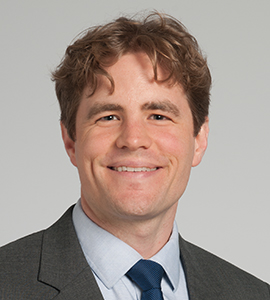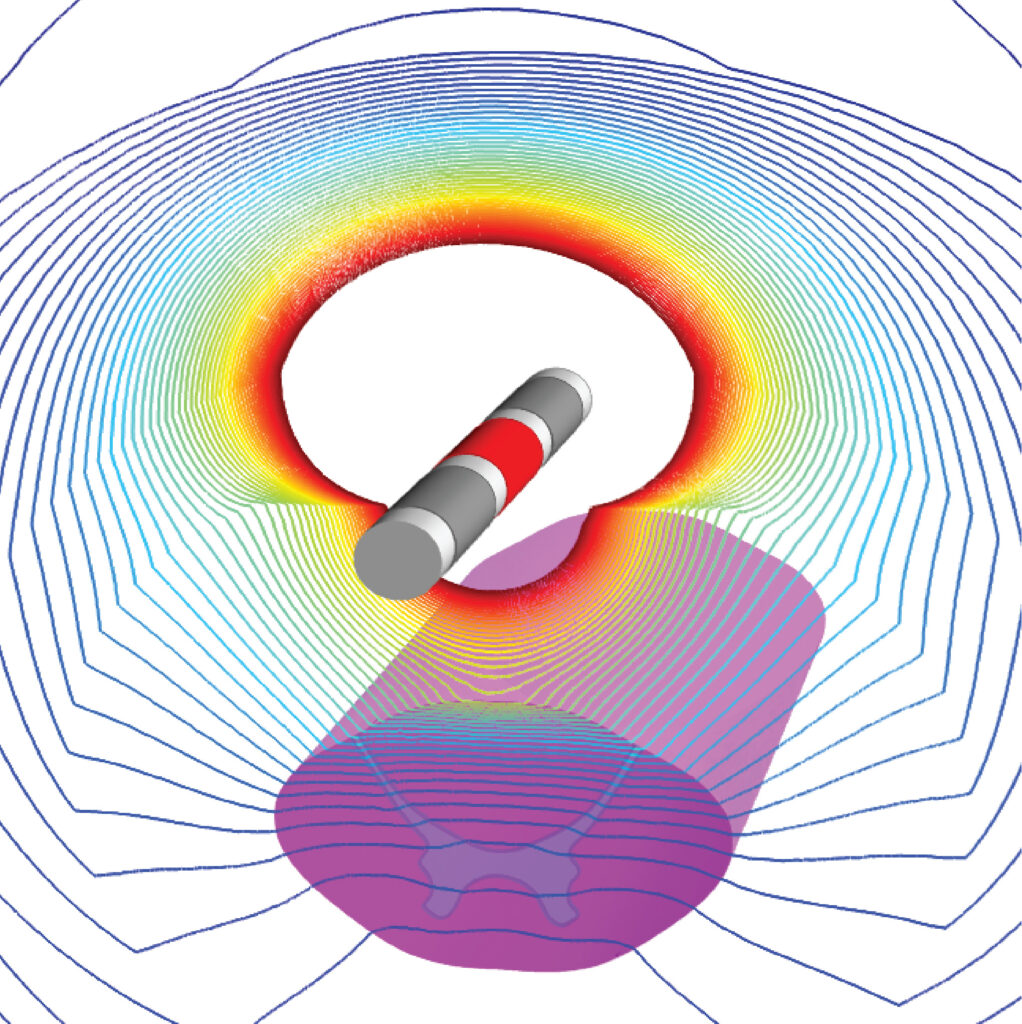Bio
“Computational Modeling of Spinal Cord Stimulation for Pain”
 Scott F. Lempka, PhD, is an Assistant Professor in the Department of Biomedical Engineering at the University of Michigan with a secondary appointment in the Department of Anesthesiology. Dr. Lempka is the Director of Neuromodulation in the Chronic Pain and Fatigue Research Center and the Principal Investigator of the Neuromodulation Laboratory. His research group utilizes engineering approaches, such as computational modeling, to study the mechanisms of action of clinical neuromodulation therapies for chronic pain management and other neurological disorders. Prior to joining the University of Michigan in 2017, Dr. Lempka earned a B.S. in Biomedical Engineering from Saint Louis University in 2004 and a M.S. in 2008 and a Ph.D. in 2010 in Biomedical Engineering from Case Western Reserve University. His dissertation work focused on the use of computational and experimental techniques to characterize the interface between neural stimulation and recording electrodes and the surrounding tissue. He performed his postdoctoral training at the Cleveland Clinic and the Louis Stokes Cleveland VA Medical Center in the area of neurostimulation for chronic pain management.
Scott F. Lempka, PhD, is an Assistant Professor in the Department of Biomedical Engineering at the University of Michigan with a secondary appointment in the Department of Anesthesiology. Dr. Lempka is the Director of Neuromodulation in the Chronic Pain and Fatigue Research Center and the Principal Investigator of the Neuromodulation Laboratory. His research group utilizes engineering approaches, such as computational modeling, to study the mechanisms of action of clinical neuromodulation therapies for chronic pain management and other neurological disorders. Prior to joining the University of Michigan in 2017, Dr. Lempka earned a B.S. in Biomedical Engineering from Saint Louis University in 2004 and a M.S. in 2008 and a Ph.D. in 2010 in Biomedical Engineering from Case Western Reserve University. His dissertation work focused on the use of computational and experimental techniques to characterize the interface between neural stimulation and recording electrodes and the surrounding tissue. He performed his postdoctoral training at the Cleveland Clinic and the Louis Stokes Cleveland VA Medical Center in the area of neurostimulation for chronic pain management.
To join live event click here: https://wse.zoom.us/j/97200408599
 Recording will be available here after the event.
Recording will be available here after the event.
Abstract
“Computational Modeling of Spinal Cord Stimulation for Pain”

Spinal cord stimulation (SCS) is a prevalent neuromodulation therapy for neuropathic pain that is refractory to conventional treatments. SCS first emerged in the 1960s as a direct clinical application of the gate control theory of pain. However, after decades of clinical use and dramatic technological improvements, SCS still achieves limited success. To help address these limited outcomes, several exciting new forms of SCS are making their way into the clinic. However, we still do not understand how SCS relieves pain and this knowledge gap will continue to limit the success of SCS technologies. Due to the complexities of chronic pain, it is unlikely that clinical and preclinical investigations alone will be able to uncover the therapeutic mechanisms of SCS. We propose that solving this problem requires coupling clinical and experimental measurements with detailed computational models. Computational models provide a valuable tool to investigate physiological and technical factors related to neurostimulation therapies. These computational tools can improve our scientific understanding of neurostimulation for chronic pain and provide scientific guidance to individualize and optimize several components of these neurostimulation technologies.
 Recording will be available here after the event.
Recording will be available here after the event.